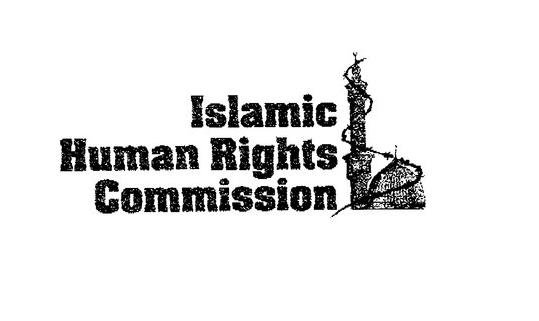The Home Secretary Theresa May justified the review on the grounds that there was evidence some sharia councils might be working "in a discriminatory and unacceptable way." However, her statement was not backed up by any evidence nor did it explain why only Muslim dispute resolution forums were being put under scrutiny.
The Jewish community has also long operated its own religious courts called a Beth Din to resolve civil matters according to their faith. The singling out of sharia councils suggests that instead of helping to accommodate Muslims' legitimate needs and aspirations the government is continuing to deal with them as outcasts and their values as social ills.
This view is reinforced by the appointment of so-called experts on the review panel who have no grounding in the community or any experience in resolving the disputes that come before sharia councils. If the government was genuinely concerned about addressing any real flaws in the activities of sharia councils it need not have looked any further than the Muslim community itself in whom it would find willing and able partners.
Regulating sharia courts - which is undoubtedly the endgame of this review - also speaks to the government's strategy of trying to socially engineer a Muslim community in Britain that is compliant with liberal secular ideals.
IHRC chair Massoud Shadjareh said: "unfortunately, the review is just another in a long line of government initiatives that seek to tag the Muslim community as a problem rather than deal with its members on the basis that they are equal citizens meriting equal rights. This review investigates them as criminals rather than supporting them to meet their religious needs within the framework of the law."
SH/IHRC

























Your Comment